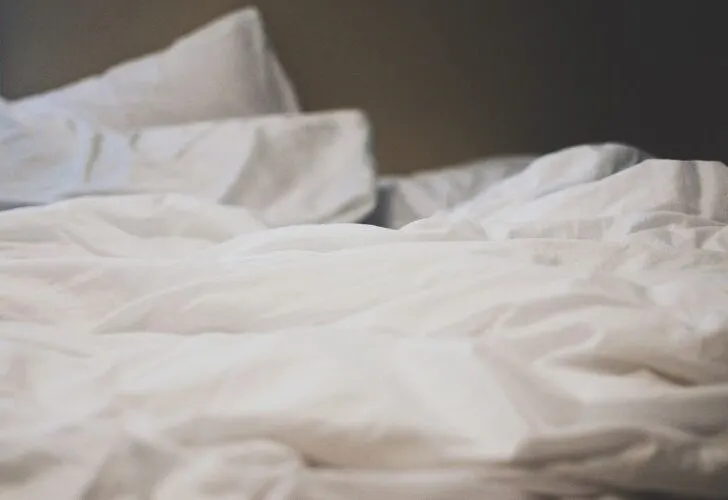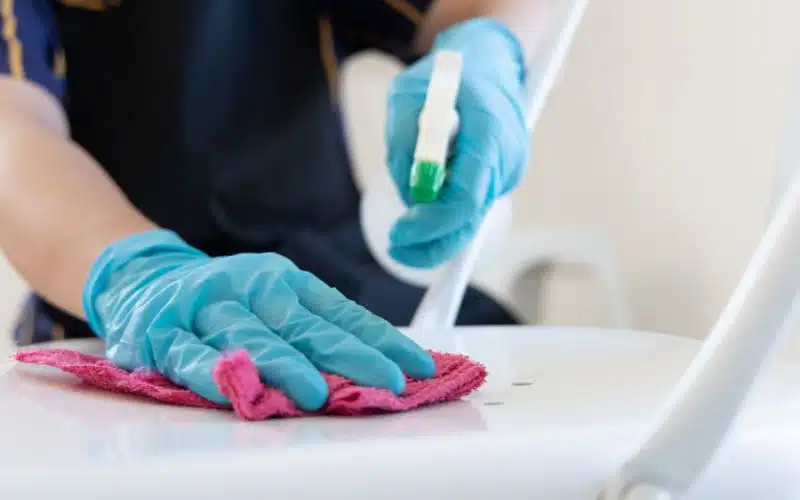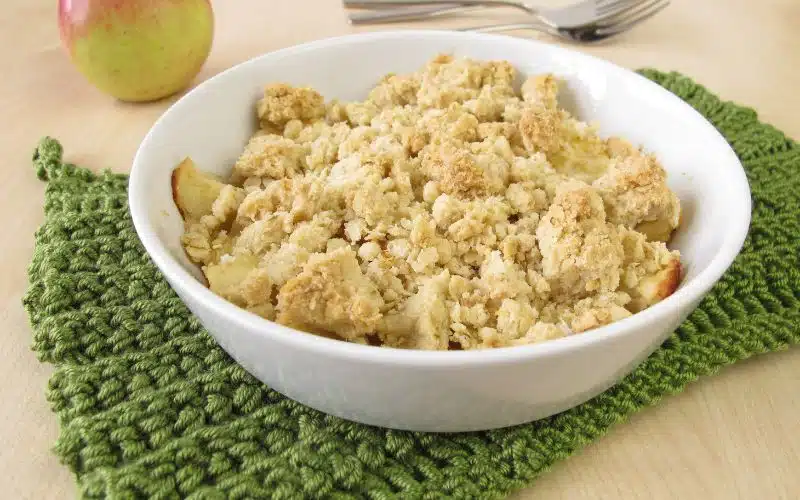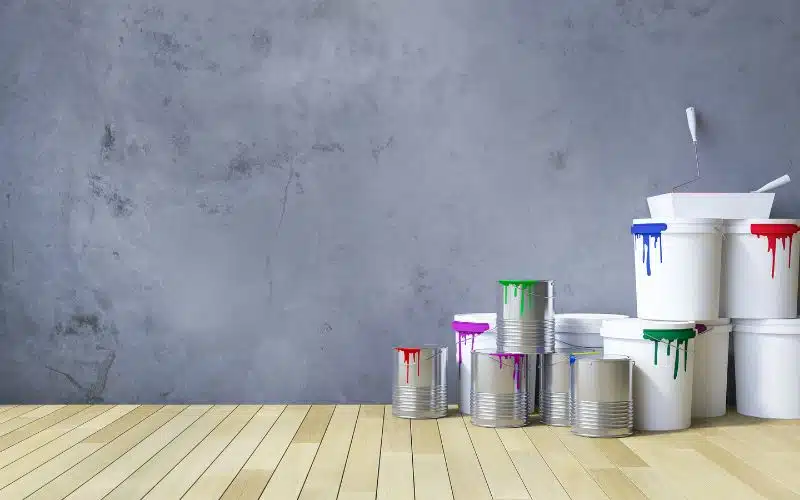Bed sheets should be able to give us comfort while improving our bedroom appearance at the same time.
Quality bed sheets are supposed to feel soft and smell fresh. However, like everything else, sheets also lose their beauty, comfy feeling, and smooth texture.
Therefore, you must change your sheets regularly to preserve them and get a comfortable sleep.
New sheets could feel stiff and rough at first, but it loses this sensation over time due to constant washing.
However, your new sheets could cause itchiness due to the roughness and stiffness. In addition, you no longer get comfortable on your new sheets and feel sore.
Therefore, it is essential to know that it is normal for your new sheets to feel rough and rugged.
Your new sheets can feel like sandpaper because of the coating chemicals that preserve the appearance and texture of the material. Sheet manufacturers add this chemical coating into the sheet manufacturing process as a form of product integrity protector.
Why Do New Sheets Feel Scratchy?

New sheets feel scratchy because they are stiff and rough. Also, manufacturers coat them with a chemical substance to preserve their look.
As a result, these new sheets feel scratchy when you use them without washing them to remove this chemical coating.
However, organic sheets do not scratch because they have no chemical coating, unlike non-organic sheets.
Furthermore, washing the sheets removes fibers that are out of place and softens the bed sheet. Loosed fibers can also contribute to the itchy sensation you get from your new sheets.
Finally, your new sheets could have come in contact with some odor lingering on them. Washing also removes odors from your sheets and makes them smell fresh.
Your sheets can generally be scratchy due to dirty bed sheets habits. Here are some other causes of scratchy sheets.
| Causes | Symptoms |
|---|---|
| Dead skin cells that stick to sheets over time | itchy skinAsthmaAllergies |
| Sweat | Blocked skin ports unhealthy skin |
| Saliva | Itchy skin (incredibly open wounds and bruises) |
Are New Sheets Scratchy?
Yes, the new sheets are scratchy. New bed sheets always have some loose fiber that makes them scratchy.
Your sheets would not stop feeling scratchy until you find a solution and would keep getting worse as it ages.
You may start developing spots and marks as a result of the scratching. It is best to remove these fibers before it worsens.
In addition, new sheets feel scratchy because you use them without removing the chemical coating on them.
The reason is that the manufacturer used chemical substances to preserve your sheets and itch when they come in contact with your skin.
Therefore, it is essential to always wash new sheets thoroughly before using them. Another reason your new sheets are scratchy could be due to allergies.
Your body could be allergic to the sheet’s material or the substances they contain. It is essential to understand your body allergies before using new sheets.
Your sheets could also have come in contact with some substance that could react to your body.
Reasons Why Your Sheets Feel Like Sandpaper?
The primary reason why sheets feel like sandpaper is because of the chemical coating they have.
Manufacturers always use chemicals as treatment during the manufacturing process of the sheets.
The chemical substance is always put into the production of sheets to help them feel stiff.
It also improves the appearance and integrity of the sheets after packaging. They look new and well preserved until they get to you.
Also, bed sheets feel stiff and rough because some dry cleaners add sizing to their washing machine during laundry.
Sizing acts as a hardening agent on your sheets. They leave any sheets (both old and new) feeling hard and crisp. Dry cleaners sizings on sheets to retain your sheets’ weight, texture, and integrity.
Furthermore, your sheets feel like sandpaper because you didn’t wash them according to the instructions on their care label.
For example, some bed sheet labels indicate that you need to dry clean them, but you end up wet washing instead. It would be best to read the labels on your sheets to wash them properly.
How Do You Soften New Scratchy Sheets?
The fastest and easiest way to soften new scratchy sheets is to wash them multiple times. You must wash your sheets about two to three times to make them soft.
Although softening new scratchy sheets is easy, you can use various methods to soften them.
Here are the methods to soften stiff sheets.
#1. Fabric Softener
Fabric softener coats your sheet fibers and makes them feel tender and smooth.
However, it degrades your fabric and removes the roughness in your sheets. Ensure to use the proper amount according to the manufacturer’s direction.
#2. Detergent
It is good to wash your sheets with suitable quality detergents; however, using a large amount of detergent on your new sheets is terrible.
Too much detergent can accumulate, making your new sheets feel stiff and scratchy. It also preserves the chemical in your new sheets.
Therefore, you should rinse the detergents out of your sheets thoroughly before drying them.
#3. Vinegar
Vinegar also works as an excellent fabric softener. It contains enough acid to neutralize the stiffness in your new sheets that causes itching.
In addition, vinegar is acidic and can neutralize detergents that may contribute to stiffness in your new sheets. Finally, add a few drops of essential oil to the wash cycle for a pleasant after-wash odor.
You should follow these steps to use vinegar to soften your stiff sheets.
- Put your sheets in the washer.
- Pour half a cup of white vinegar into the washer.
- Start your wash cycle. One wash cycle is enough to remove the stiffness.
#4. Baking Soda
It is best to use baking soda for your new sheets first. It is an effective fabric softener and cleaning agent.
It would be best if you poured a cup of baking soda with a bit of detergent into your washer. Then, start your wash cycle, rinse and dry your sheets.
You can use warm water to wash the sheets to increase the efficiency of baking soda.
In addition, you can use both baking soda and vinegar together to soften your bed sheets. Just add half a cup of vinegar to your baking soda and use it to wash your cloth.
You do not need to use detergent if you use vinegar. Detergents can hinder the chemicals from leaving the new sheets and make it hard for your sheets to soften.
You should start your sheet’s wash cycle with hot water and run your rinse cycle with cold water to get better results.
You should avoid adding the vinegar during the wash cycle because hot water can cause vinegar to give a soapy reaction. It can lead to the formation of carbon dioxide.
#5. Turpentine
Half a cup of turpentine in your wash cycle can make your sheets softer. Turpentine is a solvent that is effective in softening new scratchy sheets.
However, turpentine is flammable and can start a fire if you dry your sheets in the dryer. Therefore, avoiding the dryer when you soften your sheets with turpentine is best.
#6. Epsom Salts or Borax
You can also soften your bed sheets with some Epsom salts or Borax. Add 50 grams of Epsom salt or half a cup of Borax into cold water and soak your sheets in it for hours or overnight.
Then, rinse your sheets and dry them on the clothing line.
#7. Line Dry
It is best to hang your sheets on the line after washing them. Dryers produce too much heat, contributing to your new sheets’ stiffness. You should avoid drying your sheets in the machine dryer.
However, you can use the dryer if you do not have a way to hang your sheets dry. You should only ensure to run the dry cycle at the lowest temperature.
#8. Salt
Another material you can use to soften your stiff sheets is salt. Add a cup of salt into cold water and soak your bed sheets for a few days. Then wash it in a regular wash cycle.
How to Fix New Sheets That Feel Like Sandpaper?
You should follow these steps to fix new sheets that feel like sandpaper.
#1. Hot Water Wash
When washing the sheets multiple times, it is best to wash them with hot water. Extreme heat can wash away the chemical coating on your sheets.
Washing the sheets with hot water at least three times would be best. You can add a little detergent to make it more effective. It can also eliminate the scratchiness of your new sheets.
Washing with cold water would make removing the roughness in your sheets difficult. You may have to wash it up to six times.
#2. Air Dry
It would help if you always aired dry your new sheets on your first wash. Air drying your sheets can help remove the sandpaper feeling from your sheets.
You can also test the sheets after air-drying them to know if they are in perfect condition.
#3. Lone Washing
It is best to wash your new sheets alone. Washing your new sheets with another material can destroy the fabric and disturb it from washing correctly.
In addition, you need space for your sheets for the washer to clean them thoroughly.
Conclusion
In the end, new sheets do not need any particular chemical to remove the stiffness and stop the scratching.
You only need to follow the appropriate rules for taking care of your new sheets before using them. Of course, you can always soften them with simple DIY products.





